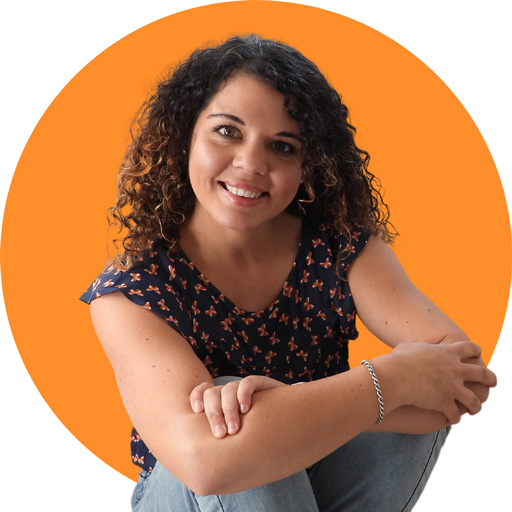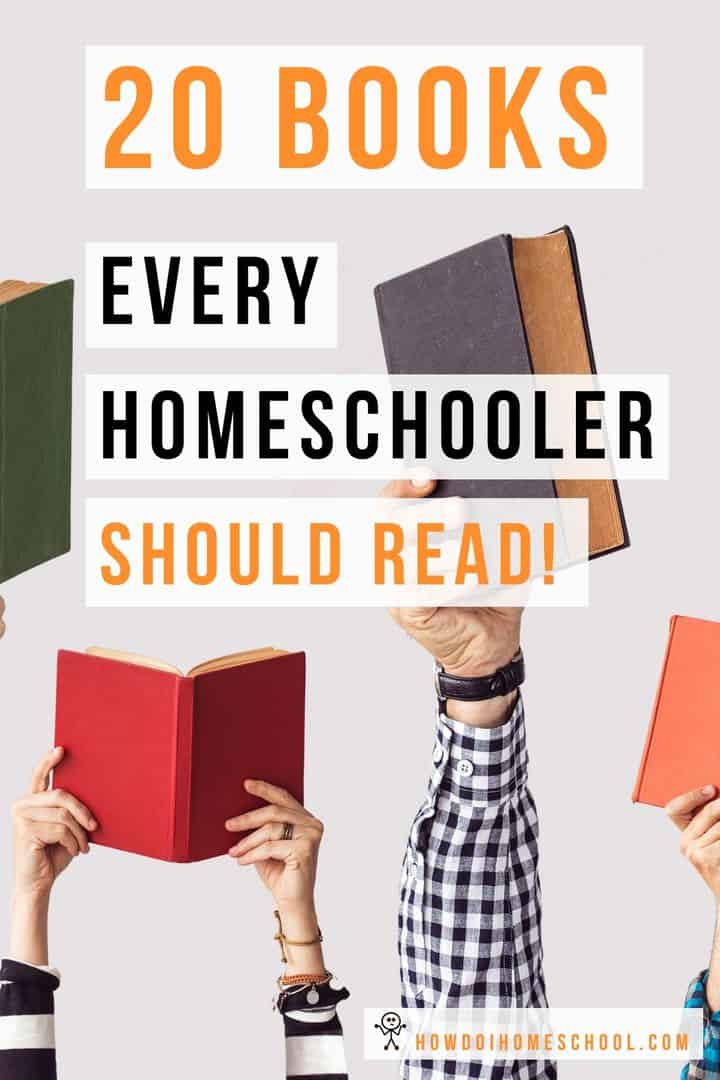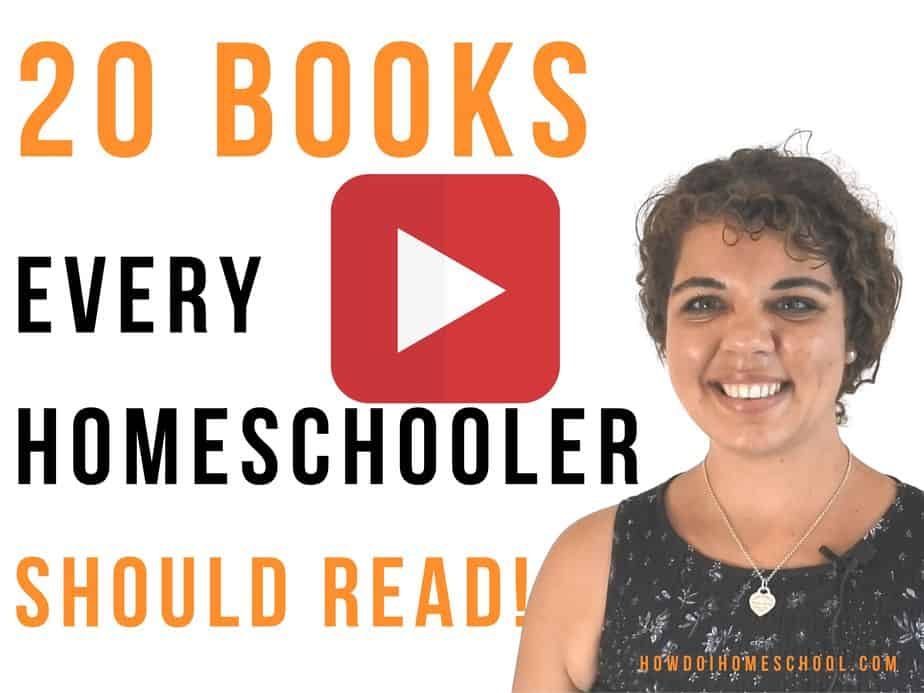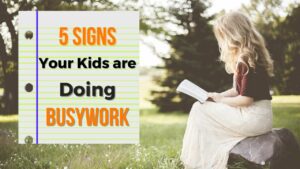The following is a transcript of my homeschool book list video ‘20 Books Every Homeschooler Needs to Read.’ If you want a homeschool booklist for K-12, check out this post.

I hope you enjoy reading this blog post. If you want to do my course on how to homeschool, click here.
Hello, my name is Rebecca Devitt. Welcome to How Do I Homeschool. Today we’re going to be talking about books every homeschooler needs to read.
If you have a homeschooler, what you might notice is that they are an avid reader.
So if you’ve been homeschooling from the beginning, what I find is that children love to read, and they read a lot! And if you don’t force them to start reading before they’re ready, they tend to become bookworms.
That was the case with my brothers and me. Indeed, now we’re all very much avid readers.
But I wish I read more of the classics when I was young. And so, that’s why I get the opportunity today to tell you about 20 books that I’ve loved and that I think every homeschooler has to read.
HDIH is a participant in the Amazon Affiliate Program. There are affiliate links in this article.
Abridged Homeschool Books
As you read through these homeschool books, keep in mind that there are many abridged versions of these books. Abridged versions are good if you want your children to become familiar with the story but don’t want to scare them with work above their level—for example, modern-day English versions of The Pilgrim’s Progress, The Illiad, and The Odyssey.
There are also video versions of many of these works, such as Shakespeare’s works. So make sure you check them out if the original version is looking too challenging.
The Bible
The first book you have to read is the Bible.
Now, why do I say that?
I am a Christian, so I am partial, but I also think that if you’re not a Christian, you need to read the Bible to understand the classics.
For example, I read Brothers Karamazov (which will also be on this list), and it has so many scriptural references!
Again, if you read anything by Charles Dickens, there are so many scriptural references. And unless you have read the Bible (at least once, but preferably many times), then you won’t know what the authors are talking about!
When you read the Bible, start with the New Testament. Any of the gospel books are fine (Matthew, Mark, Luke, and John). And by starting with the gospels, you learn about Jesus, whose life and works are quoted heavily in other books.
And what you notice is that once you’ve read the Bible, you’ll start having a much better understanding of the classics.

The Iliad and The Odyssey
I think every homeschooler needs to read The Iliad and then its twin, The Odyssey.
Now, why do I say this? They’re musty, old Greek books after all!
The classics have many references to Greek mythology. So, if you want to have a good understanding of the classics (for example, if you’re going to understand Paradise Lost by John Milton), you’re going to need a good knowledge of the Bible. And then, you also need to understand The Iliad and The Odyssey; otherwise, you might have no idea about what is being talked about in the classical book.
The other thing reading The Iliad and The Odyssey does is it gives you a bit of context about what was happening back in those days.
And what this will do is it will also help you understand the Bible a little bit better because you understand the mythology that was discussed in Roman and Greek days. So it gives you a bit of culture.
The History of the Persian War
The History of the Persian War by Herodotus is also a great read, and it gives you a little bit of context again.
A lot of people say perhaps he wasn’t a first-rate historian. Whether or not that is true, it’s a great read, and again it gives you so many details of that age, which is fantastic.
Again, these books expose children to unique words, and that’s so good for them to learn. If you expose your children to long and deep words when they are young, they’ll be able to read anything.
The Republic
There’s also The Republic by Plato. Plato had some very unusual ideas that have been the basis of many cultures since his time. Even many of the things we do in many western countries have their roots in Plato’s Republic. Karl Marx got many of his ideas from this book.
Therefore, to read The Republic is to understand more of our world, many governments, and history.
So, I recommend this book as an important read for a homeschooler – perhaps you don’t want to follow the ideas, but they’ll help homeschoolers understand a lot of things in culture today.
The Aeneid
There’s also The Aeneid by Virgil, and I recommend this read because the person who wrote this book (Virgil) was the court poet in the time when Jesus has lived.
That means the author will give readers valuable information about what was happening in Jesus time. And it’s also a story about Rome, so I recommend The Aeneid as a good read.
Paradise Lost
Now John Milton’s book, Paradise Lost, is one of my favorites. So, if you read anything by C.S. Lewis or Charles Dickens, they quote Milton, particularly Paradise Lost, a lot.
The book is the story of Adam and Eve when they fell and then Satan and his argument in the Garden of Eden. It’s very lyrical and heavenly to read – hence its popularity.
The Idiot & The Brother Karamazov
I’d also recommend anything by Fyodor Dostoyevsky. I particularly recommend The Idiot as it portrays characters so well.
Another one that I’m going through at the moment it’s called The Brothers Karamazov. And I’m enjoying it again because the character portrayal is done so masterfully!
The reason I particularly recommend Fyodor Dostoyevsky is because he gives you an introduction to Russian thought, and we don’t usually get that in Western society. Dostoyevsky’s books always have many scriptural references, which I love.
The Divine Comedy
Now, this book by Dante was written about the thirteenth to the fourteenth century. The Comedy is an exciting walk through heaven, hell, and purgatory – again, fascinating to understand medieval times.
The Confessions
The Confessions of Saint Augustine is also fantastic. I read this when I was about 20, and it changed my life.
The book gave a conviction of my sin. Growing up in a Christian household made me feel like I wasn’t that bad a person. I felt like I was a clean-skin. After all, I was much ‘better’ than other kids my age in general.
But, The Confessions helped put me in possession of the actual facts and convict me of my sin before God. It showed me the joy of forgiveness and how we can rest in him.
So, I love The Confessions because of that.
On the Incarnation
This book is by Athanasius. Athanasius was a champion who defended that Christ was both a man and God for those who didn’t think he was. (His opponent was Arius, who denied the deity of Christ.)
Athanasius wrote his ideas down in his magnum opus, On the Incarnation.
The Canterbury Tales
There also The Canterbury Tales by Geoffrey Chaucer around the fourteenth or fifteenth century. So, this is a collection of stories about medieval times.
The book is exciting and gives a lot of context around the time.
They do say the author sometimes got a bit carried away, but perhaps that just leads to an interesting story-line!
Shakespeare’s Works
Shakespeare, of course, should not be forgotten in this book list. But, Shakespeare’s works were written as plays, so it is appropriate to watch them as videos. You can do that on Youtube.
Hamlet, Macbeth, Much Ado About Nothing, Henry the 5th, Midsummer Night’s Dream – these are all great ones if you can get a video of it.
Why is it good to be familiar with Shakespeare’s works? His works are often quoted in our media and in many books.
So, I think it’s good to know William Shakespeare’s works.
The Institutes of Christian Religion
There’s also The Institutes of Christian Religion by John Calvin. John Calvin, along with Martin Luther, were leaders of the Protestant Revolution.
The Institutes is John Calvin’s magnum opus. It helps you understand the Protestant influence and what Protestants believe.
The Pilgrim’s Progress
Of course, there is The Pilgrim’s Progress by John Bunyan. He’s a fantastic writer – I’ve read a lot of his things like The Holy War.
Part 2 of the Pilgrims Progress records the story of Christian’s wife, Christiana, and how she makes the journey with the rest of Christian’s family.
Many people know about Pilgrims Progress, but few know about Pilgrims Regress, a story by a different author, CS Lewis, about finding one’s way to Christianity.
Bunyan is a great read. And the reason I say that is because it’s life-saving theology told in a story. So children can learn complicated language like language that was used in the old days.
The Adventures of Huckleberry Finn and Tom Sawyer
Another more modern one is the Adventures of Huckleberry Finn by Mark Twain. This is good because a lot of modern literature actually descended from this book, and so, to understand that a bit better, it is good to read, Adventures of Huckleberry Finn.
Keep in mind that Mark Twain was a keen atheist. You can see that in the story.
If your childen have been raised with only Christian literature, you can use Huckleberry Finn as a book where you can try to spot logical fallacies – to do with faith and other matters.
Lord of the Rings
“Lord of the Rings” is also very interesting. It has the gospel story weaved through the storyline. And so I like J.R.R Tolkien’s book.
Narnia
I often listen to the Narnia series on audiobooks. It’s a great listen if you have young children.
They’re also easy reading material for slightly older children. And they’re gripping meaning you won’t have to force your kids to read these books. They won’t be able to help themselves!
I particularly love that the Narnia series is jam-packed analogies of Christ and the church. It’s just beautiful.
Also, read The Great Divorce and The Screwtape Letters. They’re essential for any homeschool booklist. It teaches you about your heart as a Christain. Big C.S Lewis fan. So, read them for sure.
Conclusion
So, thank you for listening to my massive list of books every homeschooler should read. If you incorporate these books into your homeschool library, your children will come to understand the world better. But, again, I think the best one is the Bible for many different reasons. But, thank you so much for reading!



